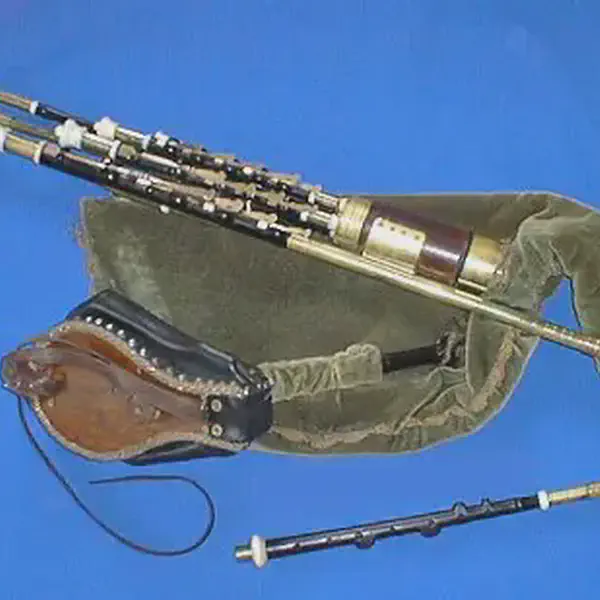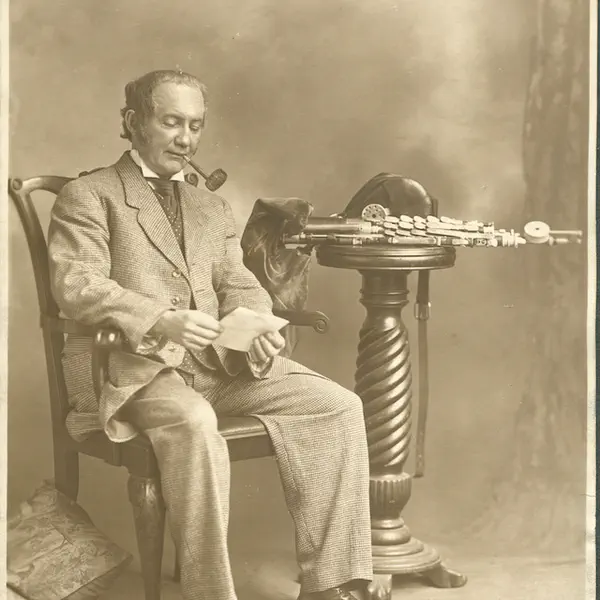
Irish Jig on Fiddle & Uilleann Pipes - Cherish the Ladies - Caitlin Finley & Will Woodson
3.2k members in the Fiddle community. Topics relating to fiddles, fiddling, fiddlers and fiddle music.
Ireland

Patrick O'Hare Uilleann Pipes - Reed making
Hello everyone Welcome to my Facebook pages where I will post pictures of the Uilleann Pipes that I manufacture.
Ireland

Patsy Touhey
Pat Touhey was the most successful of the vaudeville pipers. He was in show business for at least 36 years and thought of himself as a comedian and actor. Touhey was also a virtuoso on the Irish pipes and well-regarded as a piper in his day …
Scotland

Piper Stephen Withers - Remembrance Day
St Marys Pipe Band Derrytrasna · April 12 2020 ·. Piper Stephen Withers - Remembrance Day
Armagh, northern-ireland